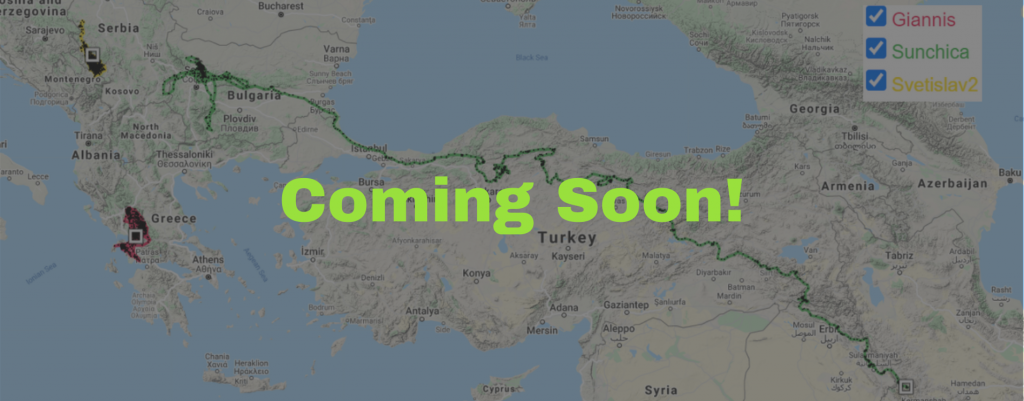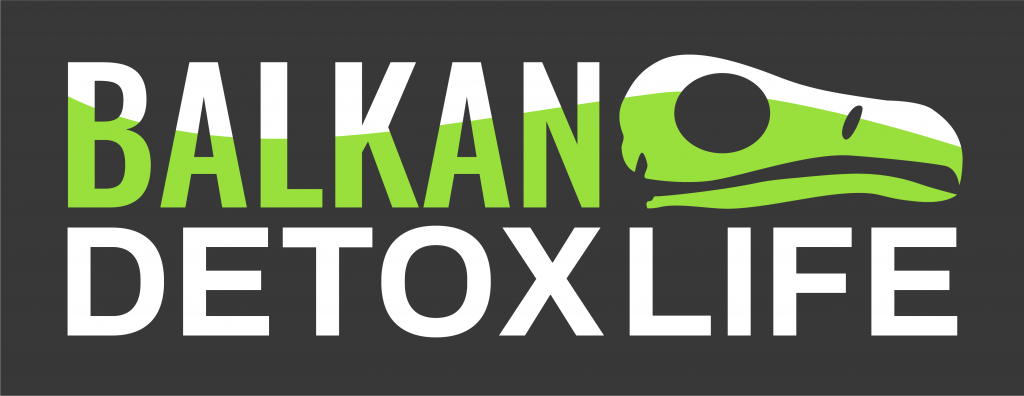GPS Movements of Griffon Vultures
Follow the incredible movements of Griffon Vultures tagged with GPS transmitters across the Balkans and beyond
In a cross-border initiative, the BalkanDetox LIFE team will within the auspices of the project tag 25 Griffon Vultures from the Balkan population and incorporate existing GPS data of already tagged birds to intensively monitor their behaviour, helping track poisoning incidents, save poisoned wildlife and prosecute wildlife criminals.
What is GPS tracking of birds?
Why is GPS tracking of birds important?
How will GPS tracking help tackle illegal wildlife poisoning?
How will this work in practice? Suppose a bird does not move, the bird’s body temperature drops or the accelerometer data shows no activity for a long time. In that case, GPS transmitters alert conservationists that something is wrong, mobilizing them to swiftly check up on the bird in the field and timely address potential problems, implementing preventive actions directed at a local and even regional level, depending on the case. This procedure could help rescue and rehabilitate wildlife or even prevent mass poisoning incidents, potentially saving many lives. Furthermore, if vultures were illegally poisoned, an investigation can launch. By retracing the GPS movements of vultures, the criminal(s) could be identified and convictions enforced, therefore deterring similar instances from occurring again.
Map with GPS movements of Griffon Vultures


















